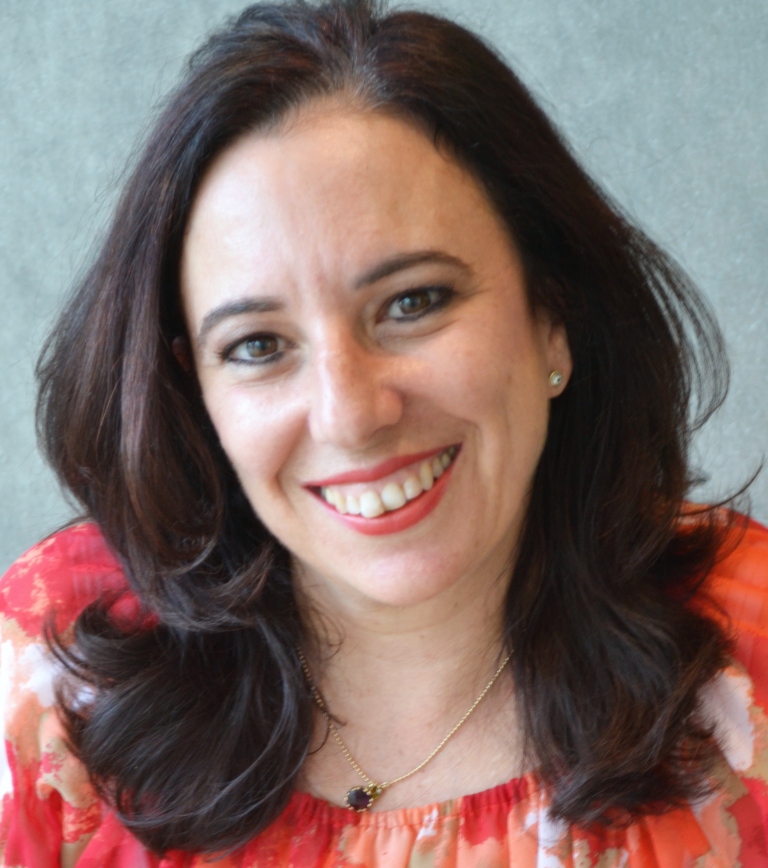- Home
- About Us
- The Team / Contact Us
- Books and Resources
- Privacy Policy
- Nonprofit Employer of Choice Award

 Long viewed as operating with conflicting agendas, professional advisors have, in recent years, been finding more and more reasons to pay close attention to the philanthropic portion of their clients’ portfolios.
Long viewed as operating with conflicting agendas, professional advisors have, in recent years, been finding more and more reasons to pay close attention to the philanthropic portion of their clients’ portfolios.
Financial value and philanthropic values are now more commonly perceived as inter-related rather than adversarial. Collaborative partnerships between advisors and charities benefit all stakeholders: philanthropists, advisors, charities and those helped by the charitable causes.
Building relationships between charities and professional advisors is rich with potential.
What the data shows
Mutual advantages
Advisors who bring gifts to your charity and help foster your donor development are typically those who have an affinity with your organization’s cause.
Joel Cuperfain, Vice President and Estate Planning Specialist with RBC Wealth Management, neatly sums up the mutually beneficial opportunity.
“Professional advisors work with charities for some of the same reasons that donors make donations: They feel an affinity to the causes promoted by the charity, they have a sense of altruism and they want to give back to their community. If they can achieve these goals working with clients and promoting philanthropy it’s a win-win-win for the charity, for the donor and for the advisor. In the process, the charity and advisor learn from each other. The advisor benefits by adding to his or her skill set and being able to recommend a broader range of planning opportunities to clients.”
Societal shifts
Responding to a societal shift whereby the wealthy and ultra-wealthy are devoting serious attention to philanthropy, exemplified most famously by The Giving Pledge (a commitment by the world's wealthiest individuals and families to dedicate the majority of their wealth to philanthropy) advisors are becoming increasingly aware that in order to more fully serve their clients’ interests, they have to tap into their values and engage them in a philanthropic dialogue.
In tandem with this new philanthropic sensibility is a call for increased transparency. A growing tide of skepticism, in the wake of highly publicized misconduct, has also made donors ever more circumspect and vigilant. The bottom line is that clients who have a strong desire to make tangible, meaningful differences in their communities are looking for informed advisors who are not only highly attuned to their values, but also emphasize integrity, due diligence, accountability and measurable results.
Transfer of wealth
Over the next few decades, it is estimated that $30 trillion in financial and non-financial assets will pass from Baby Boomers to their heirs in North America alone. This will, by necessity, drive proactive succession planning and multi-generational strategies for both charities and advisors.
In Canada, the major banks already have philanthropic specialists – a clear indication that they see philanthropy as an integral part of a 360 degree financial or estate plan.
In short, financial assets under management are now paralleled by the growing trend to giving under management.
In conclusion
Working closely with a qualified team of professional advisors across industry sectors - accountants, lawyers, investment/wealth advisors and insurance brokers - who are conversant with your message and are part of a structured committee can be hugely advantageous.
Alliances between philanthropic organizations and professional advisors are increasing and we can expect this upsurge in volume and strategic giving vehicles to amplify in the years ahead.
Born and raised in Harare, Zimbabwe, Janice Benatar has also lived in South Africa and Israel, and now makes her home in Toronto. She has been involved in a number of fundraising initiatives, specializing in endowments, planned giving, capital campaigns and working strategically with professional advisors. Janice is a Certified Fund Raising Executive and currently works as Senior Development Officer for the Jewish Foundation of Greater Toronto and the Tomorrow Campaign of UJA Federation. Contact her JBenatar@ujafed.org.